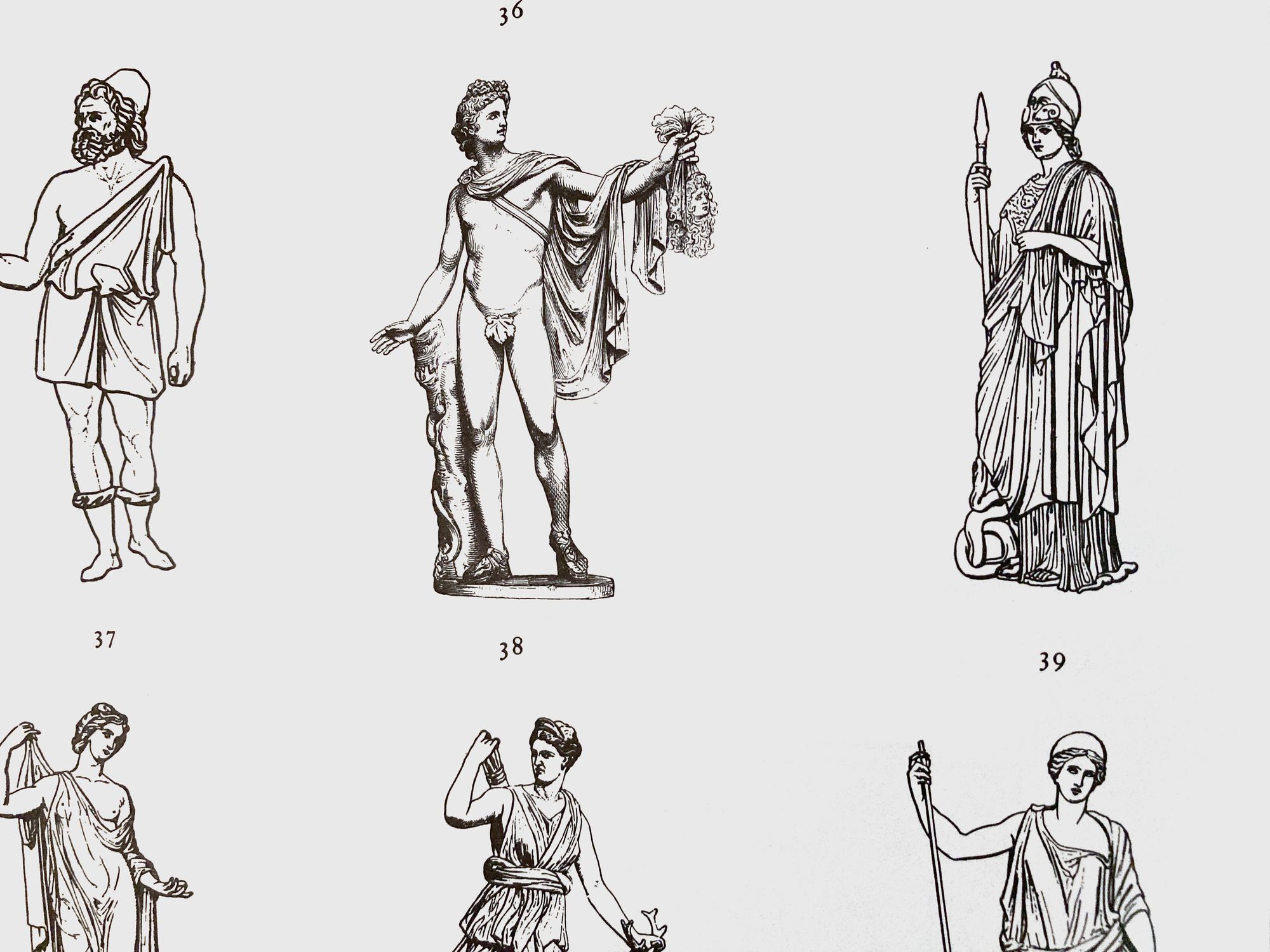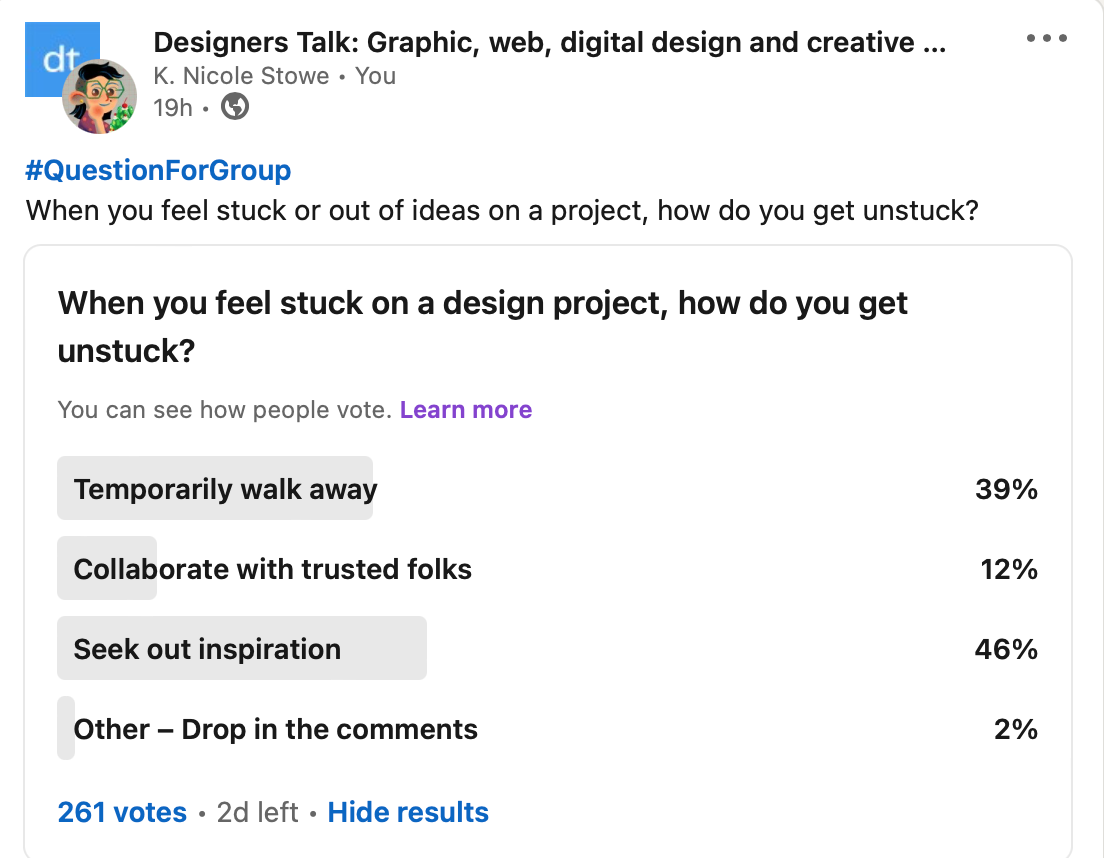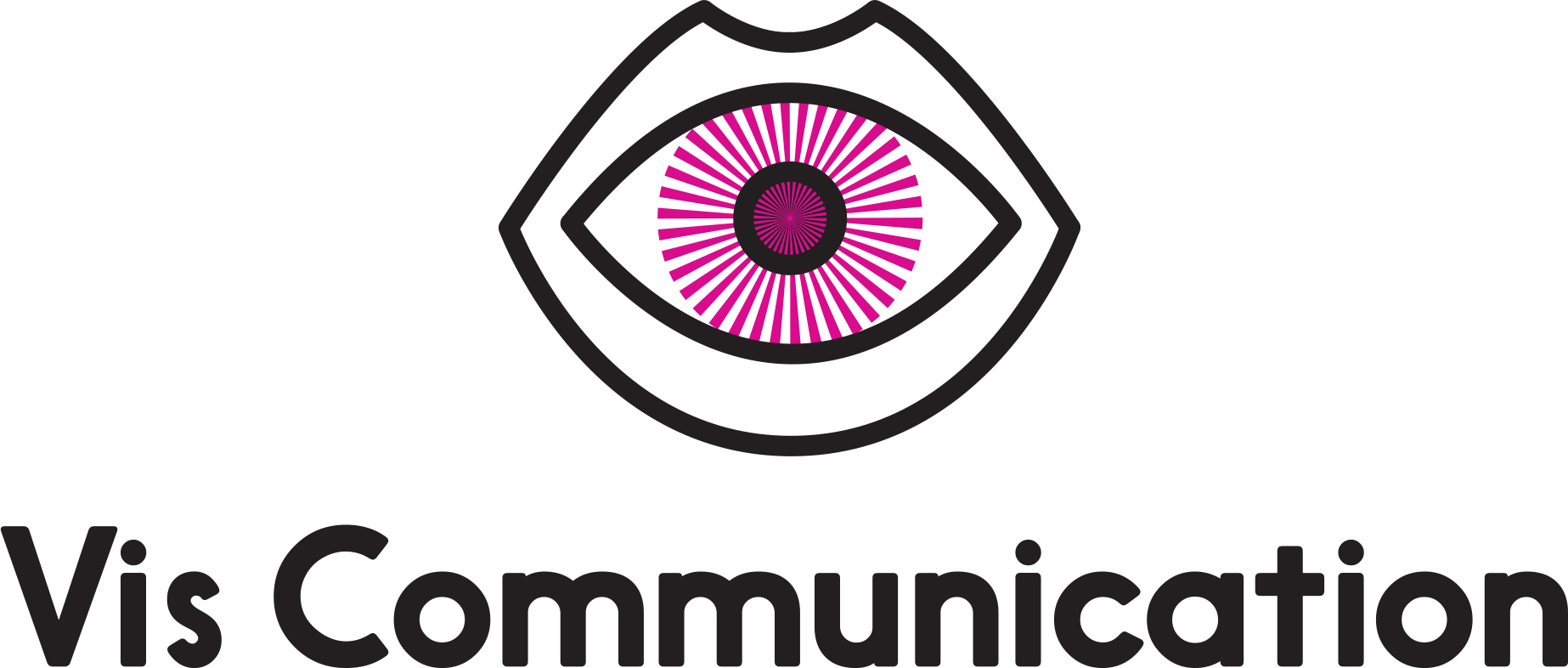What If I Run Out of Ideas?

I used to be afraid that one day I would simply run out of ideas. A similar thing happens in sports where a player reaches a point where they can’t physically play the game anymore. Where ideas come from seems a little bit mysterious, so it feels like something that could happen. But we’ve learned in this blog that the source of ideas is not as mysterious as it seems. Ideas are not distributed by the Muses, and only then if you’ve made the proper offering.
Ideas come from experience. They come from research. They come from your personal archive in your head of everything you’ve ever seen or heard. They come from your ability to make connections between all those things. Generating ideas is a muscle that you have to exercise. The more you realize that ideas come from you and not some Victorian ether is when you stop feeling like someone is going to turn off the tap one day. Does knowing this make it any easier? No. Are there days when ideas don’t come easily? Yes. There have been times where I was stumped or felt out of ideas on a particular project that seemed never-ending. When that happens, I try to put it away for the day, get a good night’s sleep and come back fresh the next day. If I can leave it alone for a few days that’s even better. Sometimes I have the luxury of handing that project off to another designer on my team. And they bring their personal archive to the project and solve the problem in a completely different way than I would have, which is amazing and awesome.

I asked one of my MIT professors if he ever had a design thinking problem that he couldn’t solve. I related to his honest answer which (paraphrased) was that he could always come up with some solution. It may not be the most elegant solution, but he could always solve the problem in some way. It’s hard to talk about a “best” solution in design (or anything?) because how would we know what the “best” solution is? There can be many different solutions that will solve the problem or attain the goal.
Then there’s collaboration. On any conceptual project, I work with a Copywriter to come up with ideas. Sometimes you’re not in it alone. I can’t tell you the number of times that one of us said something that seemed completely random and silly or outright ridiculous (I did this just the other day), but then the other person picks that up and makes a great insight. Because now you have second person bringing their entire personal archive to form even more connections. Maybe you have a brainstorm, and then you have six people’s archives and life experiences to draw from. That’s one reason a brainstorm can be such an effective idea generation tool.
For the Designer
If your brain is wired to file things away, find connections, and solve problems, you won’t run out of ideas one day. In fact, the more experience you gain over time using those muscles, and the more you file away in your personal archive, the more ideas you’ll have. You may not always get to the “most elegant” solution depending on the constraints of the project, but you can always solve the problem in some way.
If you’re feeling stuck, can you:
- Put the project away for a day or so? Really try not to think about it at all.
- Bounce some ideas off of someone else – a writer, another designer, a friend?
- Seek out inspiration or do some additional research.
For the Client
What are the most important things a designer needs to get to the “most elegant” solution?
- Time – this is relative to the project, but a two-week solution will likely be better than a two-hour solution.
- Information – about the problem, about the customer, about anything even tangentially related to the issue. Is there research? Is there data with context?

